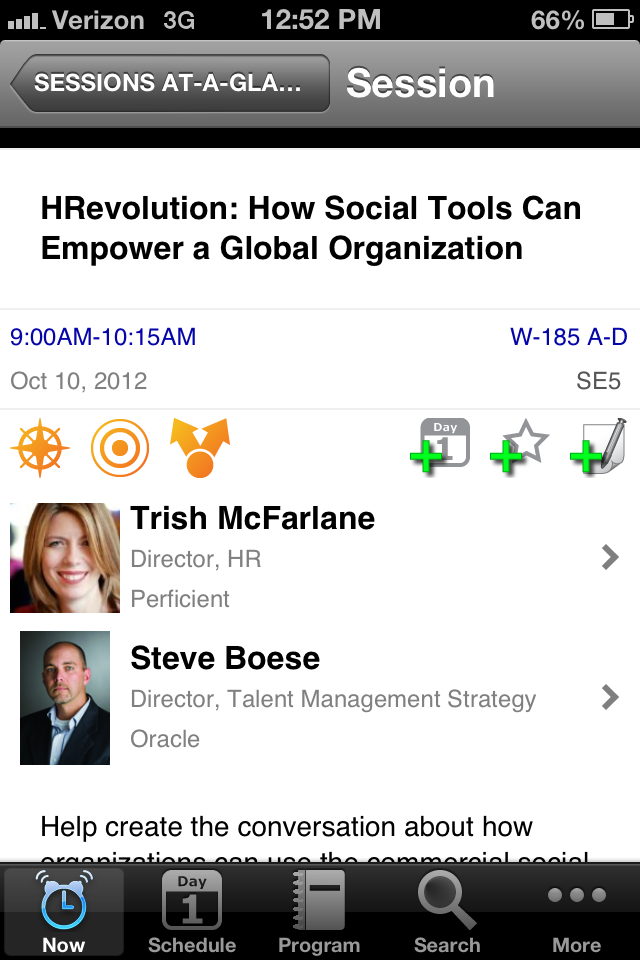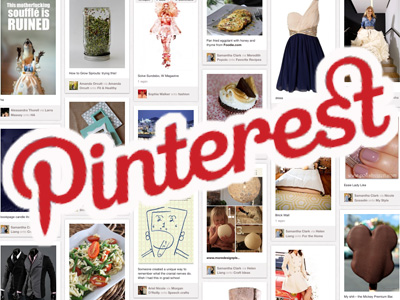#HRTechConf (un)session Preview - Social Tools in the Organization
Today at 9:00AM Central time at the HR Technology Conference, I will be co-presenting along with Trish McFarlane a session titled: #HRevolution : How Social Tools Can Empower a Global Organization.
The session, about how organizations are leveraging both public-facing social networks and platforms like Facebook, Twitter, and LinkedIn, as well as behind-the-firewall tools like Yammer and Sharepoint, in HR, Recruiting, and Talent Management processes; will be conducted in classic HRevolution 'unconference' style - as a facilitated discussion among and by peers and colleagues in the industry, with the goal to open the lines of communication and share lessons learned, challenges, and goals with each other.
The HRevolution style of facilitating presents some risks of course - if attendees are shy or reluctant to share openly with the group, then the session presenters are under the gun to some extent, and there's nothing worse than a interactive session with no interacting.
So attendees of our session tomorrow are expected to play an active part - sharing their knowledge, discussing their approaches in bringing social technology to their workplaces, and even challenging some of the widely held and often repeated assumptions about social technology and its role in the workplace.
In addition to the conversations that will happen in the room at HR Tech, we also encourage anyone following the #HRTechConf hashtag on Twitter to engage with us as well. The hashtag for the session is #UNSESSION and the basic questions we will raise in the room will be tweeted out on my user name @SteveBoese as follows:
Q1 - What social recruiting success stories can you share? #unsession #HRTechConf
Q2 – What collaboration tools are you using and getting positive results from? #unsession #HRTechConf
Q3 – How can social technology encourage recognition in the workplace? #unsession #HRTechConf
Q4 – How can social tools help drive innovation in the organization? #unsession #HRTechConf
Q5 – How can social tools fix, improve, or blow up existing processes? #unsession #HRTechConf
We will be checking the backchannel throughout the session for questions, answers, comments and for general feedback from the Twitterverse.
Trish and I are really looking forward to the session, and if you are at the HR Technology Conference we hope to see you there, and if not, we hope you will join in the #UNSESSION discussion on the backchannel.

 Steve
Steve


